These changes are called mutationsgenetic tests are available for some types of cancer. Multiple genetic changes occur during the.
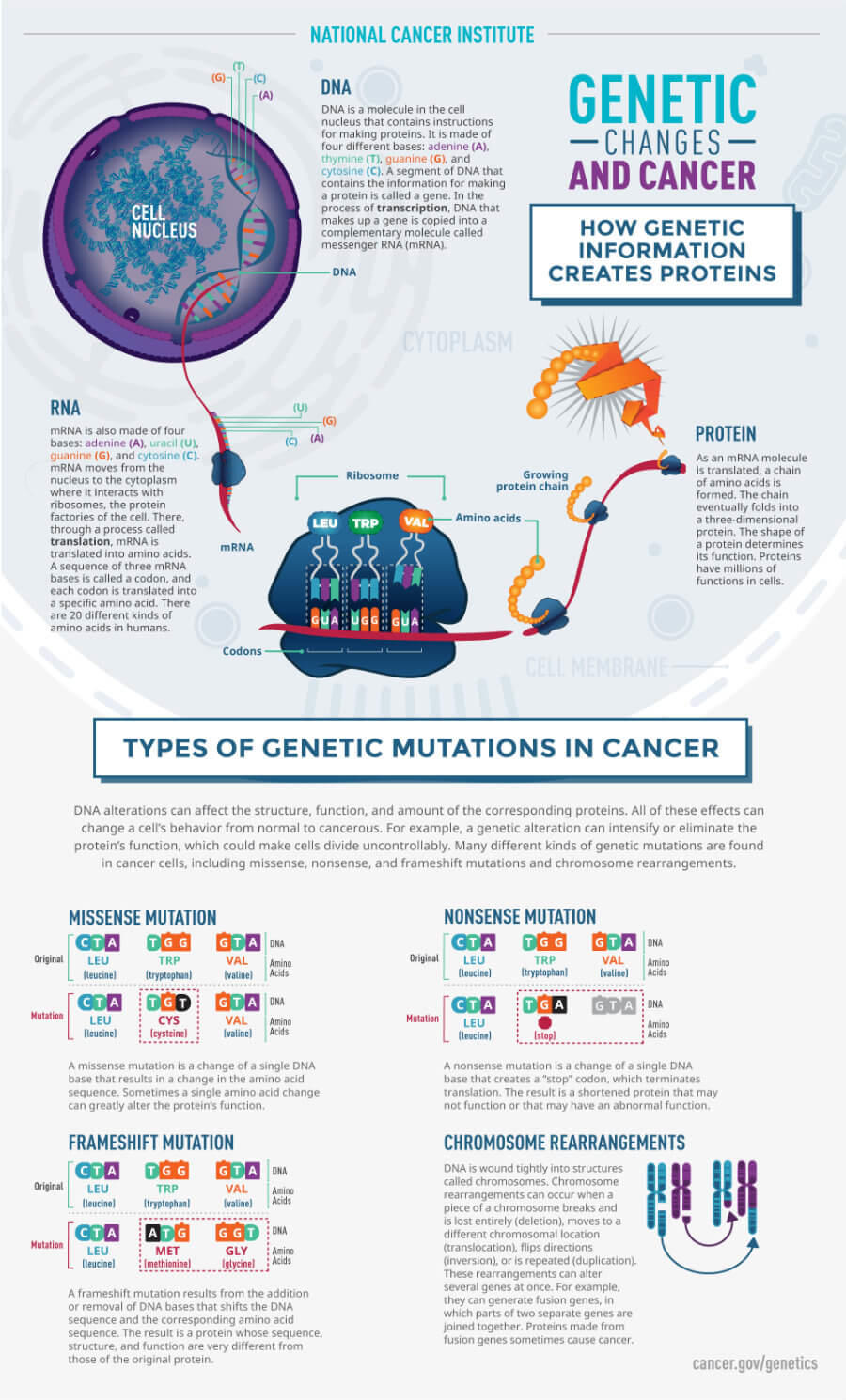 The Genetics Of Cancer National Cancer Institute
The Genetics Of Cancer National Cancer Institute
some risk of cancer comes from genetic issues is important information accompanied by photo and HD pictures sourced from all websites in the world. Download this image for free in High-Definition resolution the choice "download button" below. If you do not find the exact resolution you are looking for, then go for a native or higher resolution.
Don't forget to bookmark some risk of cancer comes from genetic issues using Ctrl + D (PC) or Command + D (macos). If you are using mobile phone, you could also use menu drawer from browser. Whether it's Windows, Mac, iOs or Android, you will be able to download the images using download button.
Some gene faults can increase the risk of more than one type of cancer.

Some risk of cancer comes from genetic issues. Psychological stress of learning that one has a genetic variant that increases cancer risk and having to decide whether to share those findings with blood. What are some of the possible harms of genetic testing for inherited cancer susceptibility syndromes. Different cancers have different risk factors.
Others like a persons age or family history cant be changed. Some people have inherited gene faults that increase their risk of developing particular types of cancer. When it comes to genetic mutations that can lead to cancer knowledge is power.
In families with an inherited faulty gene there may be a pattern of specific types of cancer running in the family. In this section you can learn more about the complex links between genes and. These includebreast cancerovarian cancercolon cancer.
Some risk factors like smoking can be changed. In some cases there might be a factor that. If a close member of your family has had one or more of the types of cancer mentioned below you may like to read the.
Environmental risk factors must be investigated thoroughly when a pedigree is evaluated for a genetic predisposition for cancer. Genetic testing helps estimate your chance of developing cancer in your lifetime. Genetic testing can have potential emotional social and financial harms including.
Genetic basis for cancer and the genetic abnormalities present in somatic cancerous cells there are also substantial environmental risk factors for specific cancers. Gene changes that start in a single cell over the course of a persons life cause most cancers. A risk factor is anything that increases your chance of getting a disease such as cancer.
A family history of cancer. This information can be used to preserve your health thats the bottom line according to lisa schlager vice president of community affairs and public policy for facing our risk of cancer empowered force an organization that advocates for people affected. Some types of cancer run in certain families but most cancers are not clearly linked to the genes we inherit from our parents.
It does this by searching for specific changes in your genes chromosomes or proteins. Certain gene changes can cause cells to evade. Genes carry the instructions to make proteins which do much of the work in our cells.
Some faults increase the risk by a small amount and some increase the risk much more. Read about inherited genes and cancer types. Cancer is a genetic diseasethat is cancer is caused by certain changes to genes that control the way our cells function especially how they grow and divide.
Different gene faults increase the risk of different types of cancer.
 It S In Your Genes New Breakthrough In Genetics Now Helps
It S In Your Genes New Breakthrough In Genetics Now Helps
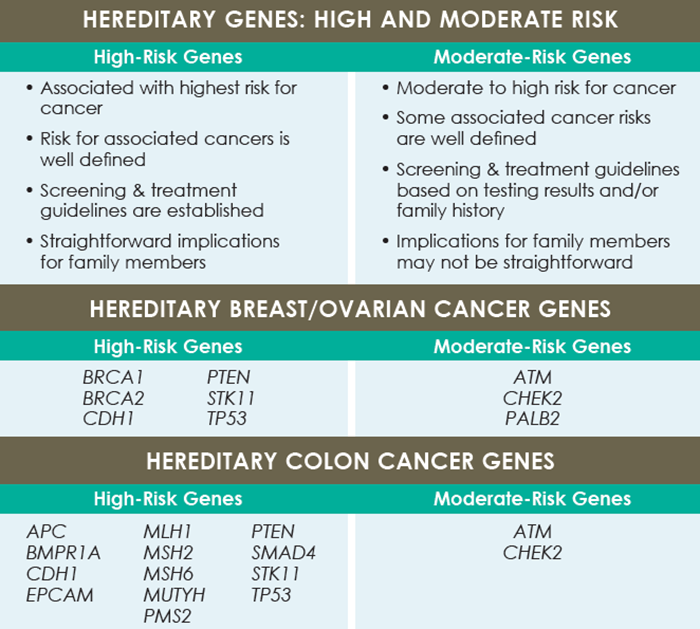 Should I Get Tested The Benefits And Risks Of Genetic
Should I Get Tested The Benefits And Risks Of Genetic
Why A Tumor Mmr Sequencing Test Impact Genetics Impact
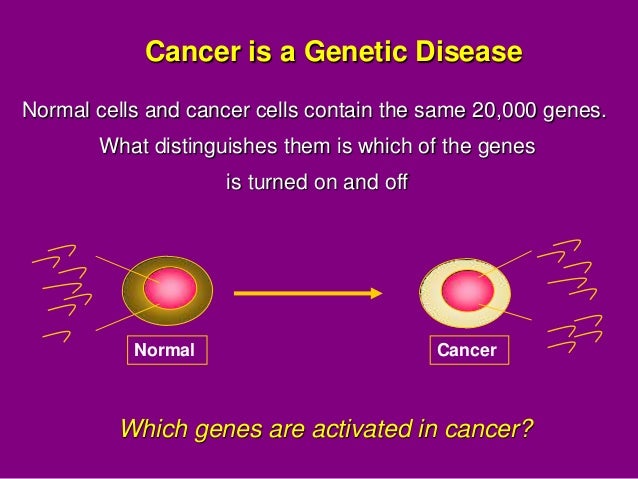 Understanding Brca1 2 Cancer Risk
Understanding Brca1 2 Cancer Risk
 Family History Prevent Cancer Foundation
Family History Prevent Cancer Foundation
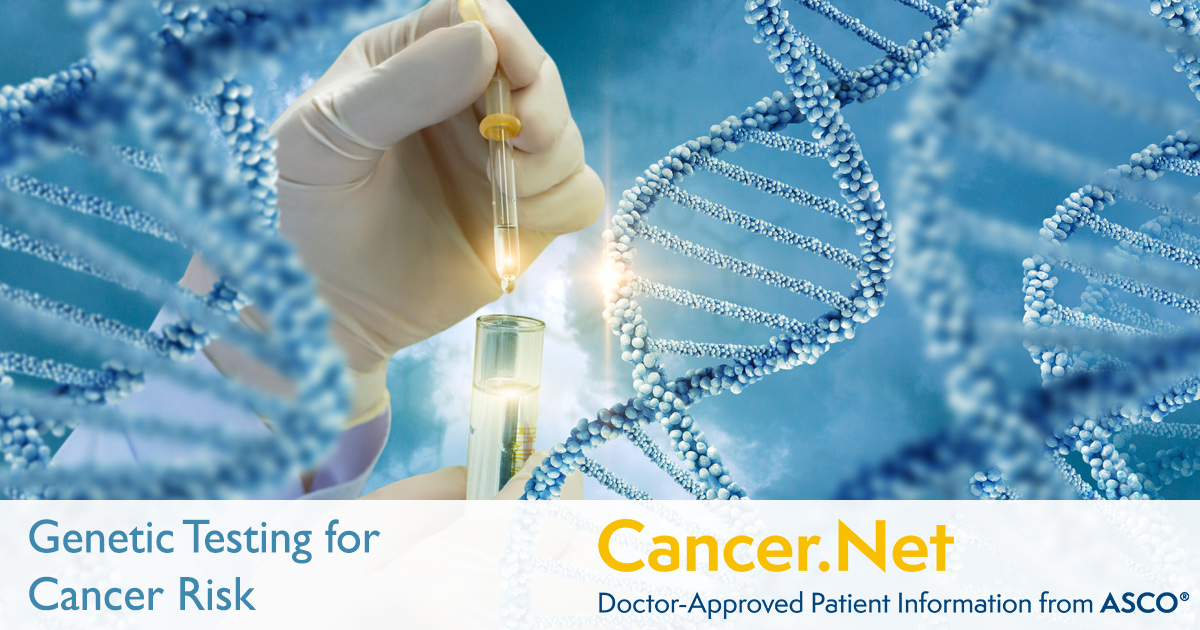 Genetic Testing For Cancer Risk Cancer Net
Genetic Testing For Cancer Risk Cancer Net
 The Role Of Genes And Environment In The Development Of
The Role Of Genes And Environment In The Development Of
 Disease Predisposition Risk What To Consider Beyond Cancer
Disease Predisposition Risk What To Consider Beyond Cancer
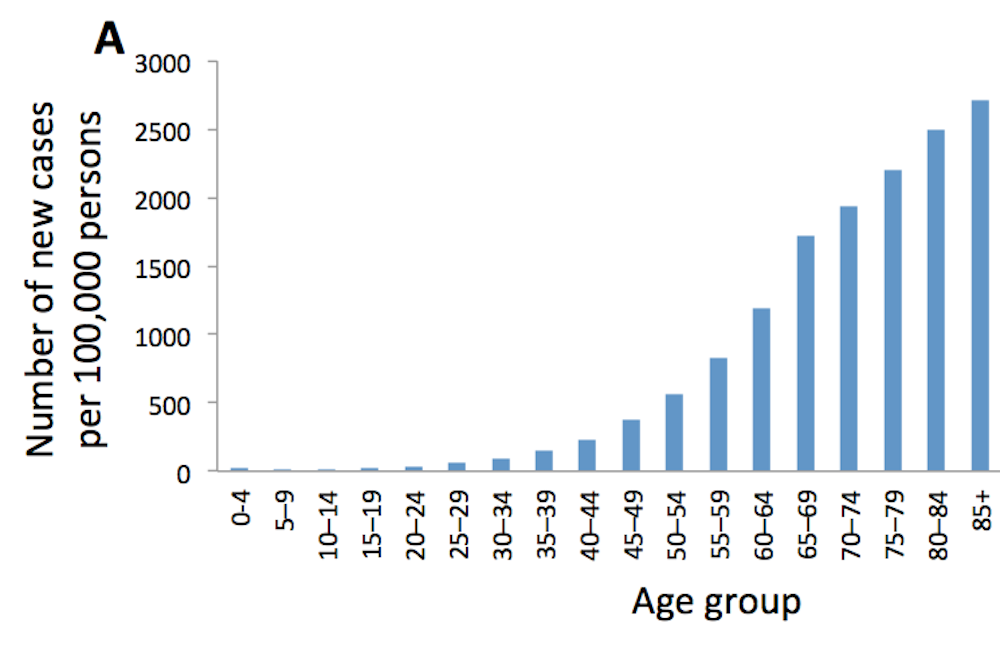 Why Are We More Likely To Get Cancer As We Age
Why Are We More Likely To Get Cancer As We Age
Cancer Genetics Risk Assessment And Counseling Pdq
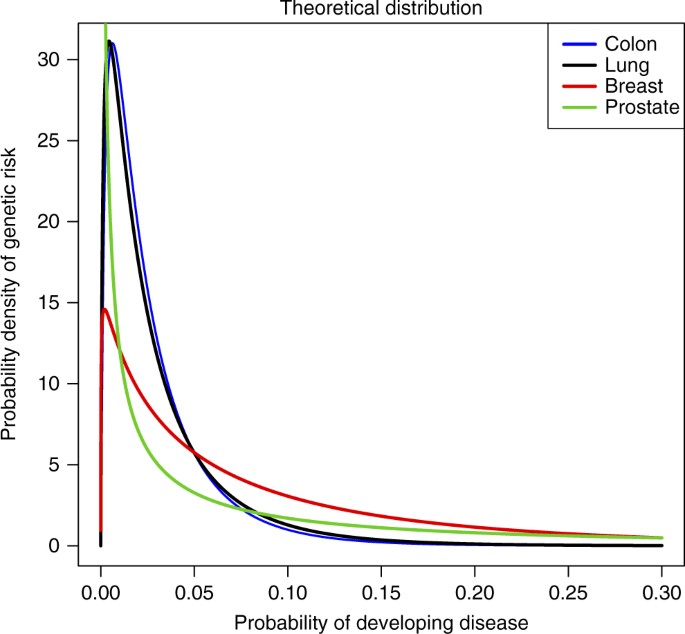 Inequality In Genetic Cancer Risk Suggests Bad Genes Rather
Inequality In Genetic Cancer Risk Suggests Bad Genes Rather
